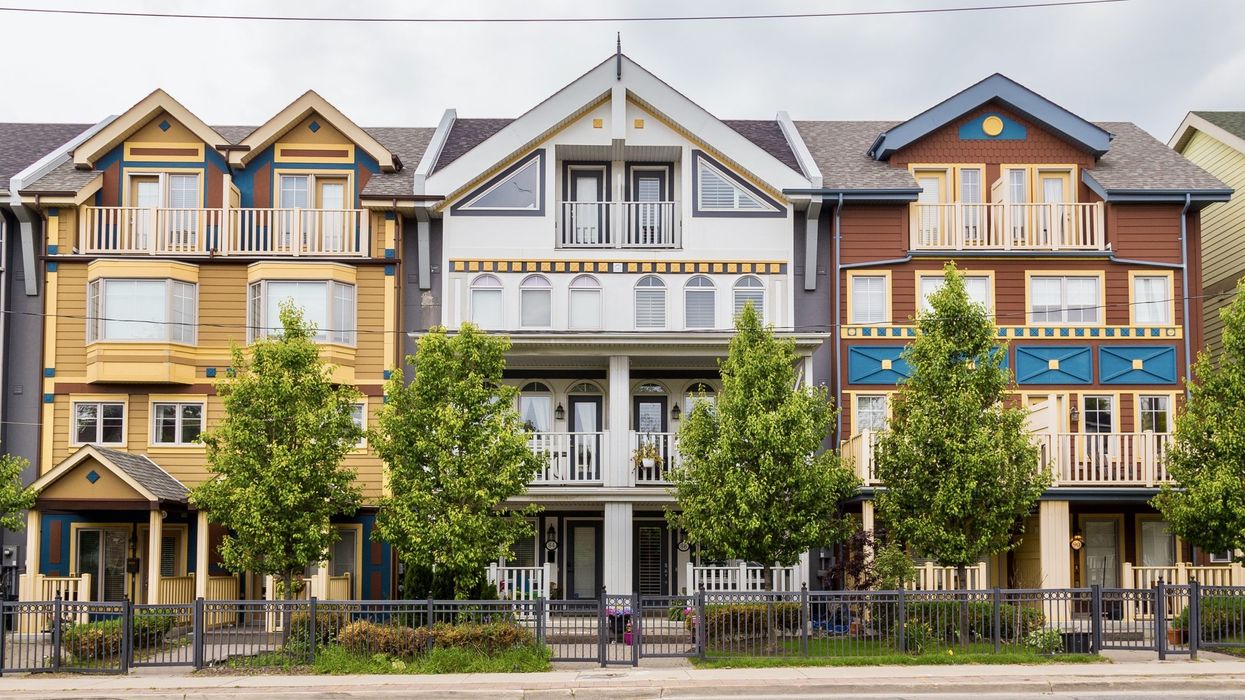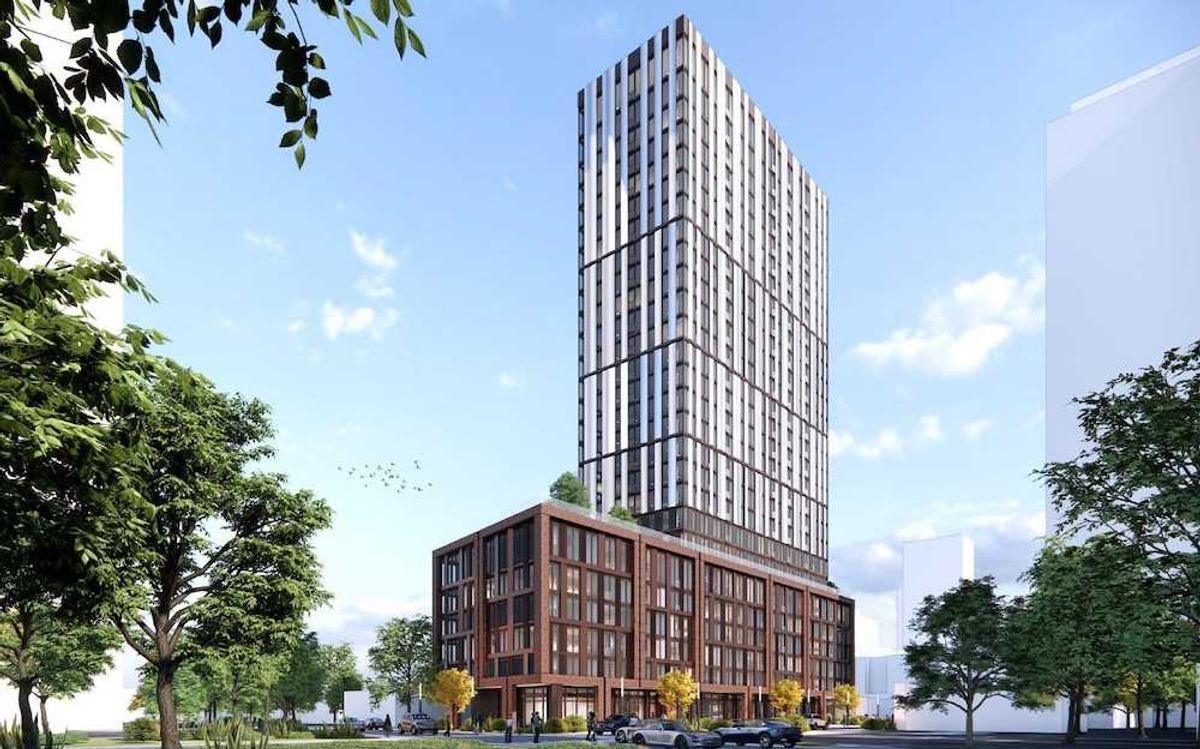Several Canadian economists recently surveyed believe that record low interest rates have been keeping buyers interested and prices high in Canadian real estate, but they also expect that housing values in Canada's largest markets will see only a modest increase in 2021.
The findings are from a new report from Finder.com that includes recent survey results featuring forecasts from 19 Canadian economists.
Released ahead of the Bank of Canada’s latest policy rate decision -- which is slated for December 9 -- the survey found that 68% of the economists said they believe it will hold at the current interest rate until 2023 or 2024.
The survey also found that zero economists currently view housing affordability positively, compared to 44% in the July report. What's more, experts predict only average growth (3%) in residential housing values for spring 2021, with Toronto expected to see the highest average gain (5%) during the spring.
READ: Average Toronto Home Prices Forecast to Rise Another 6% in 2021
Most of the experts surveyed agreed that the record low interest rates that have been keeping Canadian buyers interested and home prices high could change in 2021.
“Much of the pent up demand that was released by lower interest rates and the end of the first lockdowns has been spent. With limited population growth due to immigration restrictions, the ending of some mortgage deferral programs, ongoing employment weakness and lack of consumer confidence, some parts of the housing market, especially high-density condos are likely to be very weak," said Chief economist and head of market analytics for CoStar Group, Carl Gomez.
On the other hand, Gomez says single detached homes in suburban and exurban areas may continue to see strong demand from urban buyers with equity.
Benjamin Tal, Managing Director and Deputy Chief Economist of CIBC, agrees with Gomez in that condos may see some softening in the near future, but he expects to see a “very strong spring market.”
Senior lecturer at Concordia University Moshe Lander believes there is continued interest in the housing market because of the shift toward working from home, leading people to reevaluate their housing options.
“Real estate continues to defy predictions of its impending collapse. As the economy starts to change irrevocably toward a post-pandemic world, more people are reaching the conclusion that home and work will become entwined more intimately in the future and that living space needs to be reviewed to accommodate such a future,” says Lander.
Looking to the spring market, the economists said we can expect that housing values in Canada's major markets will experience modest increases.
Eleven panellists forecasted an average increase of 3% during the height of the spring market, however, Toronto and Winnipeg tied for the highest anticipated increases (5%), with Vancouver and Hamilton rounding out the top three with a 4% increase. Overall there isn’t much variance expected between markets, with each city included in the survey expected to see property prices increase by an average of 3%.
This comes as RE/MAX has recently forecast that Toronto home prices will rise up to 6% in 2021, after rising 12% on average in the first 10 months of this year compared to the 2019 12-month average.
In 2020, the Toronto real estate saw its average price rise to $918,883 (January 1 to October 31) compared to $819,832 in 2019 (January 1 to December 31).
RE/MAX expects growth to be characterized by low inventory -- a common trend across many Ontario housing markets in 2020 -- and growing demand, ultimately impacting activity and putting upward pressure on prices. As a result, if Re/MAX’s Toronto Housing Market Outlook report proves right, that average will climb to $974,015 across all property types by the end of next year.




















